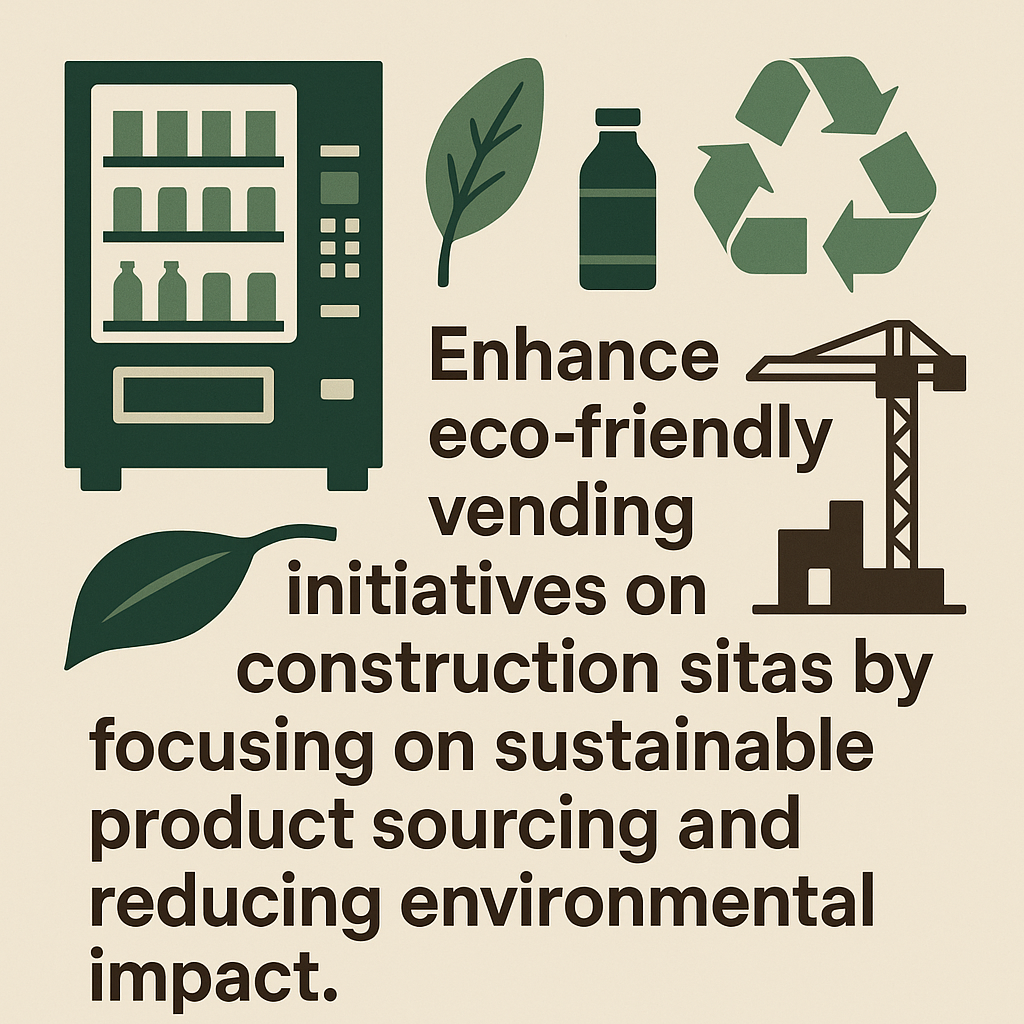Construction sites, often seen as hubs of intense activity and resource consumption, are increasingly embracing sustainability. A key area for improvement is worker refreshment, where traditional vending practices can generate significant waste. Sustainable product sourcing for eco-friendly construction vending focuses on providing convenient, yet environmentally conscious, options that support both worker well-being and project green goals.
This approach involves careful selection of products—prioritizing those with minimal impact, ethical production, and recyclable or compostable packaging. Think of snacks and beverages that are locally sourced, organic, or contribute to fair trade practices. Beyond product choices, the vending machines themselves can be energy-efficient, utilizing features like Energy Star certified components and smart cooling systems to reduce electricity consumption, even in outdoor settings.
Implementing sustainable vending on a construction site extends beyond just product and machine. It integrates into the broader site management strategy by reducing waste and supporting a cleaner work environment. By offering hydration solutions with reusable bottle options, or snacks in biodegradable wrappers, construction companies can significantly cut down on landfill contributions. This also aligns with initiatives for eco-friendly practices in construction projects as a whole.
Moreover, the benefits extend to worker morale and productivity. Providing healthier, well-sourced options fuels crews better throughout long shifts, potentially reducing fatigue and improving focus. Site managers can ensure that access to quality refreshments is available 24/7, even during after-hours operations, fostering a supportive environment that values employee health and environmental responsibility.
Choosing sustainable vending solutions demonstrates a commitment to corporate social responsibility, which can enhance a company's reputation and appeal to clients who prioritize green building practices. It’s a practical step towards a more sustainable construction industry, showing that even small, everyday conveniences can contribute significantly to larger environmental objectives.

